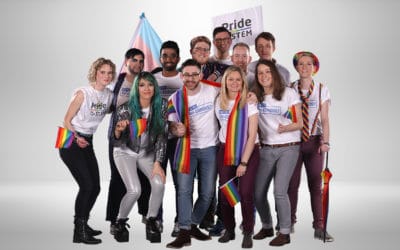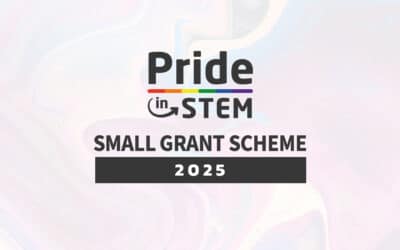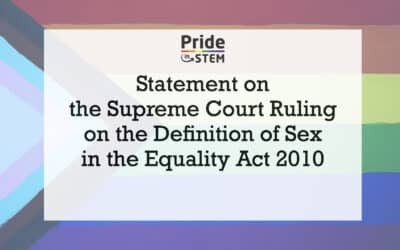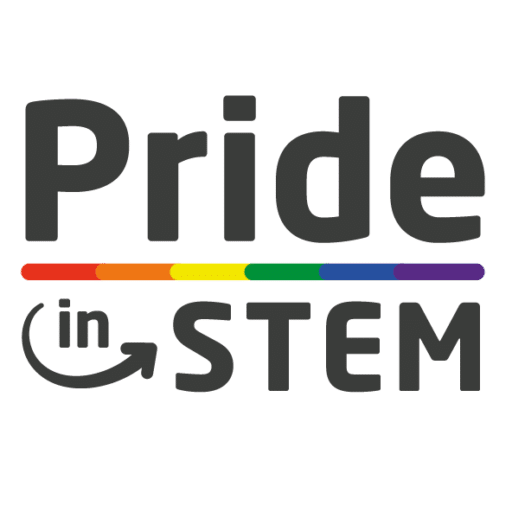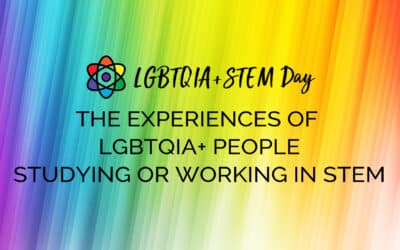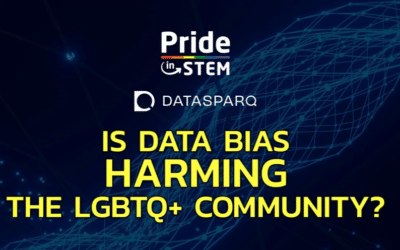
When we selected a date for the first International Day of LGBTQ+ people in STEM, our rationale was to find a time close enough to Pride Month that didn’t conflict with any other major events or days of celebration.
Since the very beginning, we have discussed July 5th as a suitable date with members of the community and organization who have taken interest in marking the day. While the date worked well for our first two years, we think a better date may exist, particularly for US audiences (due to the proximity to 4th of July celebrations), and for universities (due to it falling outside of term time).
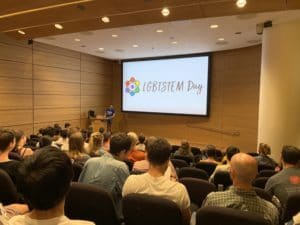
For this reason, we included a question about the date in our recent feedback survey about LGBTSTEMDay 2019. While we were able to gain a lot of insight on other aspects, there is no consensus on what the best date might be moving forward. The multiple-answer question was set up to try to establish some parameters for proposals, however, opinions differ a lot. For this reason, before a formal announcement, we wrote this blog post as a pitch to the wider community to help us make this decision.
So, for the last month, we have been considering options – fixed date, term time, Pride Month, marking an LGBTQ+ in STEM-related date. And you won’t be surprised to know that it is very difficult and having term time and pride month, is nearly impossible for many universities. Given that our first two editions happened near Pride Month, we decided to move away and see if that changed anything.
We planned to have a series of possible dates for people to pick from but we stumbled on one that we believe it is particularly significant and timely.
Frank Kameny was an American astronomer who graduated from Harvard under the supervision of Professor Cecilia Payne-Gaposchkin, the first woman to head a department at Harvard and the first person to realize that stars were mainly made of hydrogen and helium.
Kameny was a gay man. He was hired in the U.S. Army’s Army Map Service in July 1957 but was fired in January 1958 because they found out he was gay. He was barred from future employment by the federal government.
He appealed his firing through the judicial system but was unsuccessful, so he took the fight all the way to the US Supreme Court. In 1960, during the October Term he fought this battle and a document (linked here) bears the date of November 18.
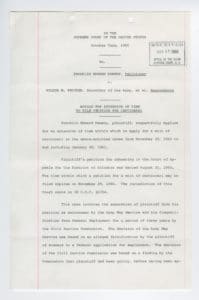
This date jumped out at us. As we write, the US Supreme Court is deciding if the Civil Rights Act protects LGBTQ people from employment discrimination, with trans rights and the personhood of trans and non-binary people being called into question. This awful attack on our community showed that while progress has been made, the rights we have fought for can easily be taken away.
Repressive and Draconian laws are still present in many countries across the globe, regressive attitudes are not only prevalent but have found new breath in the rise of fascist populism worldwide. New laws are being proposed to curtail the rights of our queer siblings in many different countries. Science, particularly genetics, has been misused and misrepresented in many of these discussions.
Next autumn marks 60 years since Kameny’s judicial battle reached its conclusion. Kameny never held a paid job again but he continued his activism until his death in 2011.
We propose November 18th as the date for LGBTSTEMDay 2020, because it felt as a particular moment when a queer scientist stood up for our community. And we hope that it could come to represent all the people that today continue to make the world of STEM a better and more inclusive place, and they make the world a better place thanks to their contribution to STEM.
If we do decide to go with this date, we propose announcing it on November 18th this year, to give our community a full year to plan and prepare for their LGBTSTEMDay activities. But before we decide, we would love to hear your feedback – maybe we have missed an opportunity for a better date, or maybe we have overlooked something with this date. Either way, please do share your thoughts, and we will work together to plan next year’s event.
Nominations open for our Decadal Awards
Do you know someone who deserves recognition for their work making change for LGBTQ+ people in STEM? If so, let us know! It's our 10th anniversary in April and we're marking the occasion with our Decadal Awards, celebrating people who've helped fight...
Pride in STEM Awards five Small Grants to projects supporting Queer STEM Communities
This Autumn, Pride in STEM has, for the second year, funded five Small Grants projects that work to strengthen queer community across the UK. These five projects represent exciting new engagements between queer communities and STEM topics - from advocacy for queer...
Small Grant Scheme 2025
Pride in STEM is once again funding our “Small Grants” Programme. This year’s theme is “Strengthening Queer Community in STEM”. The Small Grants fund supports projects across the UK that engage with this theme in meaningful ways within their local communities....
Statement on the Supreme Court Ruling on the Definition of Sex in the Equality Act 2010
This decision represents a significant attack against the trans community, the wider LGBTQ+ community, and women's rights in the UK. Pride in STEM stands proudly with our trans and non-binary siblings in the face of increased hostility and aggression from the...
STEM for Queer Youth – Pilot Project
STEM for Queer Youth is a project which involves LGBTQ+ scientists visiting a LGBTQ+ youth group in Wiltshire. The visits involve scientists sharing their career experiences and running an interactive hands-on activity. The pilot phase of the project was funded by the...
Pride in STEM are looking for New Trustees
Update: we have now found our new trustees, but please follow us on socials for future opportunities. Pride in STEM is looking for two new volunteer trustees to join the board of our charity. We are especially interested in recruiting one trustee with skills or...
The experiences of LGBTQIA+ people studying or working in STEM
In January 2021, I started a Twitter thread with papers and reports relevant to the experiences of LGBTQIA+ people studying or working in STEM. I didn’t add analysis or commentary, it was just a quick way to share papers as I found them. Even though journal papers and...
Pride in STEM Awards five Small Grants to projects across the UK
This Autumn, Pride in STEM are thrilled to announce that we are funding five Small Grants projects that have been submitted in our funding round. These five projects represent exciting new engagements with queer communities in and around STEM in the UK. The projects...
Is Data Bias Harming The LGBTQ+ Community?
Data is crucial to our society. It delivers benefits but as with any human tool, it can also do harm. our host Dr Craig Poku (he/they) asks: can the way that we use data causes further harm to marginalised groups such as the LGBTQ+ community? The panel consists of:Dr...
TELL US SOMETHING
If you have questions, proposals or any doubt, please don’t hesitate to contact us

